JF Maddox Foundation’s

About the Maddox Leadership Institute
Have you ever considered what it would be like to be a leader in your community? Do you want to find ways to become more involved and connected within your community? If you are ready to work with other members in the community to think big and develop better possibilities for Lea County, the Maddox Leadership Institute may be the perfect fit for you.
The Maddox Leadership Institute is a nine-month, evidence-informed leadership development program that builds individual knowledge, skills, and self-efficacy in aspiring community leaders. The program is taught by faculty from the J.W. Fanning Institute for Leadership Development out of the University of Georgia. The program is skill-building intensive, with special attention to instructional delivery catered to adult learning preferences.
While each session provides ample opportunities for individual self-reflection and growth, what makes this experience unique is the way in which community leadership skills are delivered in conjunction with skill-building. Be prepared, this is not a “listen and learn” kind of experience; rather, participants have the chance to put what they are learning into practice each and every session.
For any questions, please do not hesitate to email Mayra Lovas at mlovas@jfmaddox.org or call at 575-393-6338, ext. 140.
How to Apply
To apply to be a part of the Maddox Leadership Institute, please download the application and submit it to Mayra Lovas via email at mlovas@jfmaddox.org.
It is our goal to provide the participants of MLI with the best experience possible. Additionally, we want to be sensitive to the health and safety of the participants. We will continue to engage with MLI alumni to ensure the network of leaders that have been engaged in our previous cohorts remain active in our community. Please be on the lookout for emails and Facebook posts from Mayra Lovas in the future!
For any questions, please do not hesitate to email Mayra Lovas at mlovas@jfmaddox.org or call at 575-393-6338, ext. 140.
The program application will be available on this site from April to May
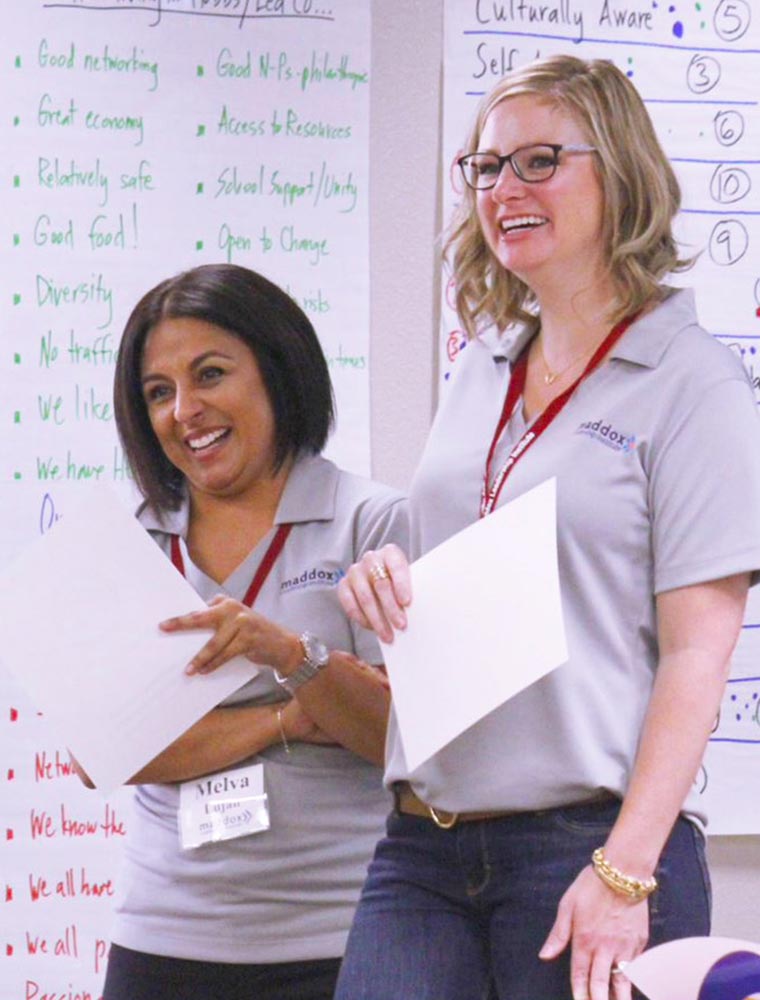
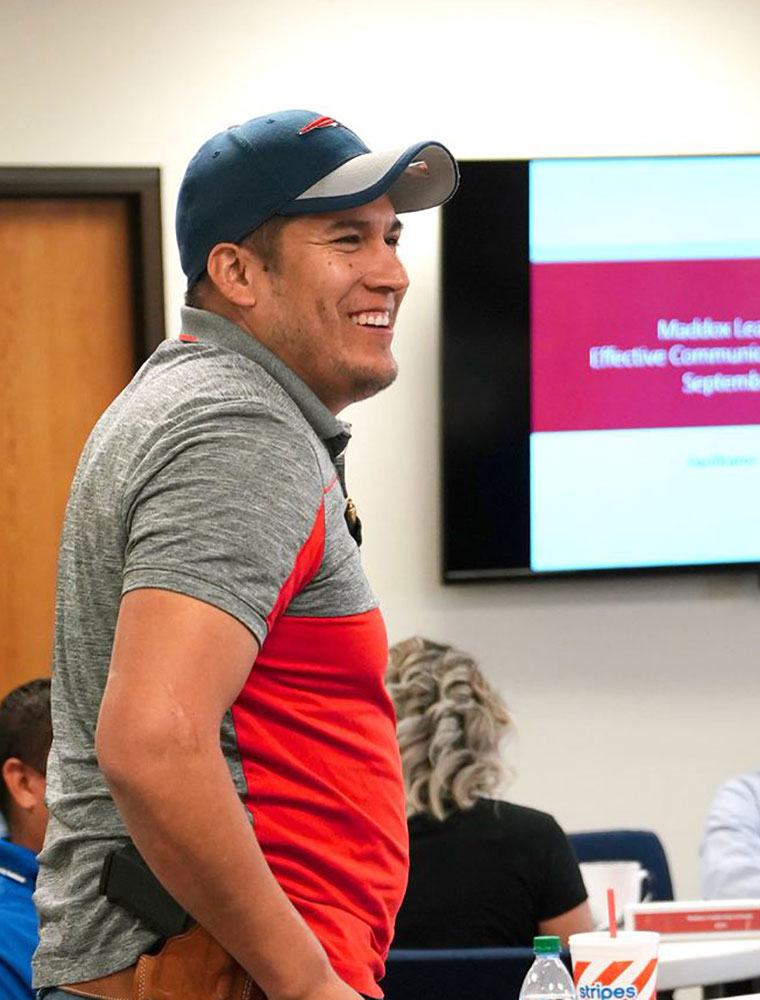
Frequently Asked Questions
Session Topics
Contact
Connecting with a Program Officer is the best way to start this journey.
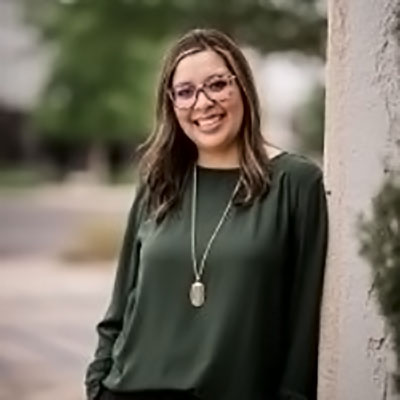
About Our Partner

The J.W. Fanning Institute for Leadership Development, a unit of Public Service and Outreach at University of Georgia, is dedicated to strengthening communities, organizations, and individuals through leadership development, training, and education. Founded in 1982, the Institute is named for UGA’s first Vice President for Services, Dr. J.W. Fanning. His legacy of leadership development is embodied in the Institute’s dedication to developing leaders of all ages, in every community, from all walks of life.
Fanning Institute faculty and staff design and deliver programs and services in four primary areas of focus.
- Community leadership development
- Nonprofit and professional association leadership development
- Youth leadership development
- Mediation and conflict resolution
The Community Leadership Program© at J. W. Fanning helps to develop knowledgeable, skilled, committed, and action-oriented leaders. The curriculum is divided into five modules relevant to community leadership and includes a variety of activities for each session. Each topic has a broad learning objective with specific goals. J.W. Fanning offers information that allows leaders to learn, understand, or clarify issues on a particular topic as well as apply what they have learned. In addition to the core five, other modules are available. Modules may be delivered by J. W. Fanning Institute faculty and staff or by certified Community Leadership Program Facilitators.
The core modules are:
- Understanding Leadership
- Communicating Effectively
- Making Group Decisions
- Building Communities Through Collaboration
- Leading Community Change
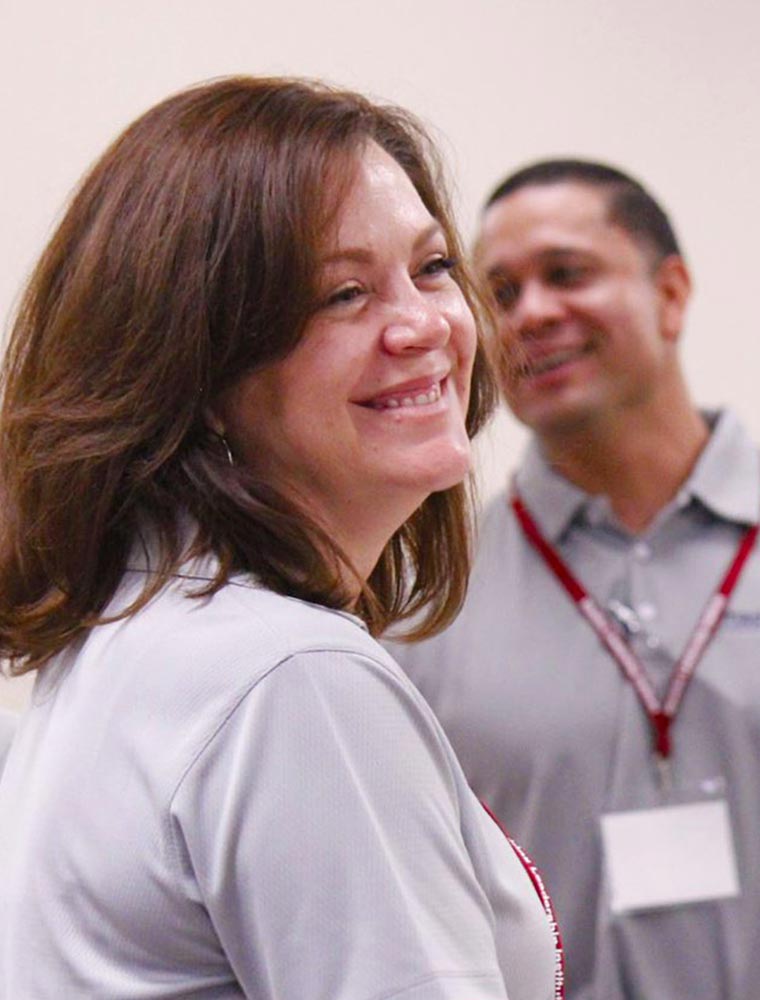
Program Alumni
The first class of the Maddox Leadership Institute (MLI) graduated on April 26, 2018. Since then, there has been graduates representing several industries and four communities in Lea County: Lovington, Hobbs, Eunice and Jal.
MLI alumni are invited to continue to work together through a partnership program with the Hobbs Chamber of Commerce. Alumni also stay connected through a couple different social media platforms that are exclusive to MLI alumni. We are eager to continue to add pictures to this page in years to come.
“I feel more connected to the community. We have a great mix of different people from different entities, in public and private sectors in the program.”
“I love it, it’s been life-changing for me. I have taken what I’ve learned to heart and have changed some of the ways we do things, and I take extra time to learn more about my staff because that is important.”
“I feel a greater sense of responsibility to be active in the community through the things I’ve learned and seen some great examples of community leaders.”


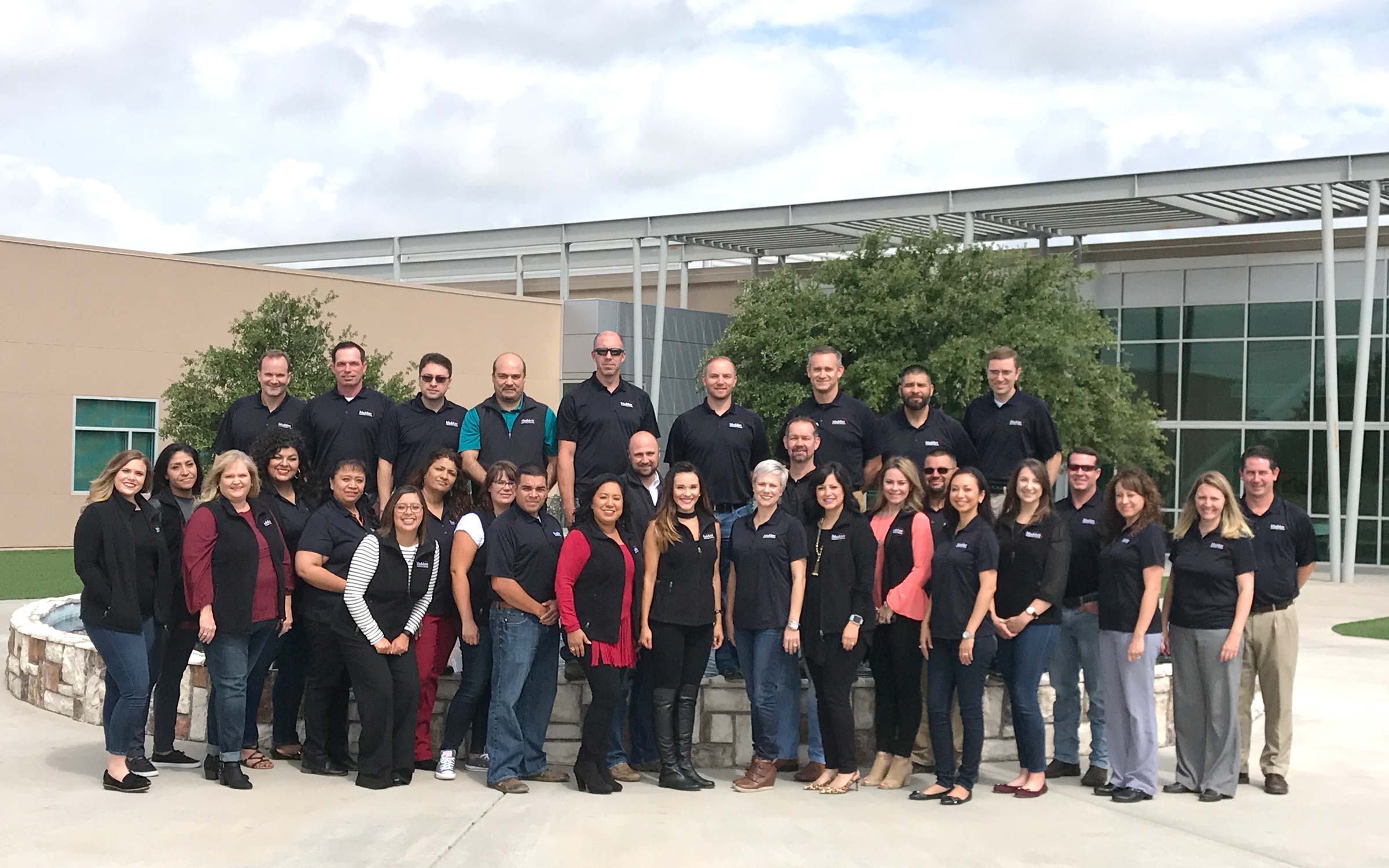
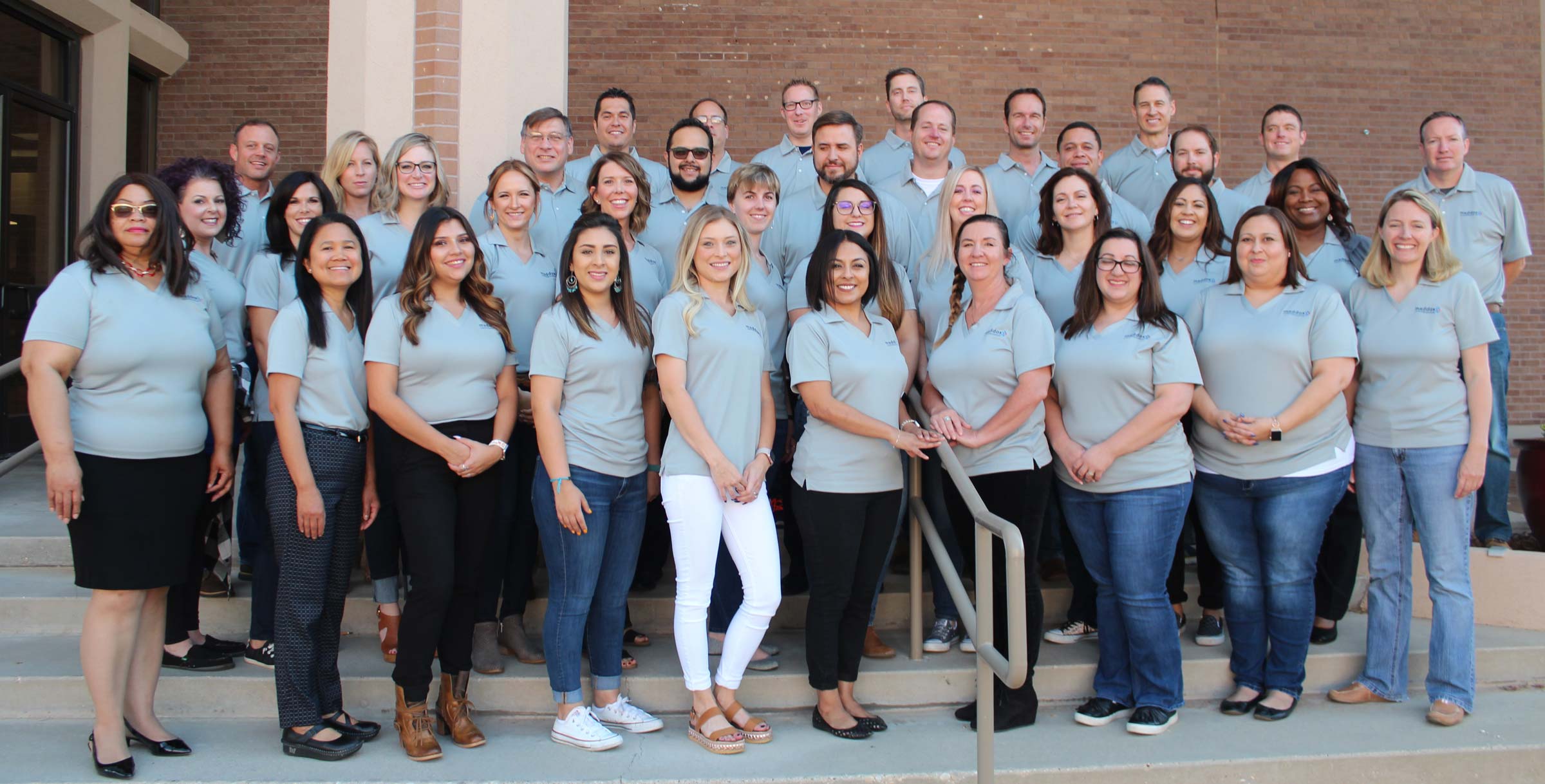
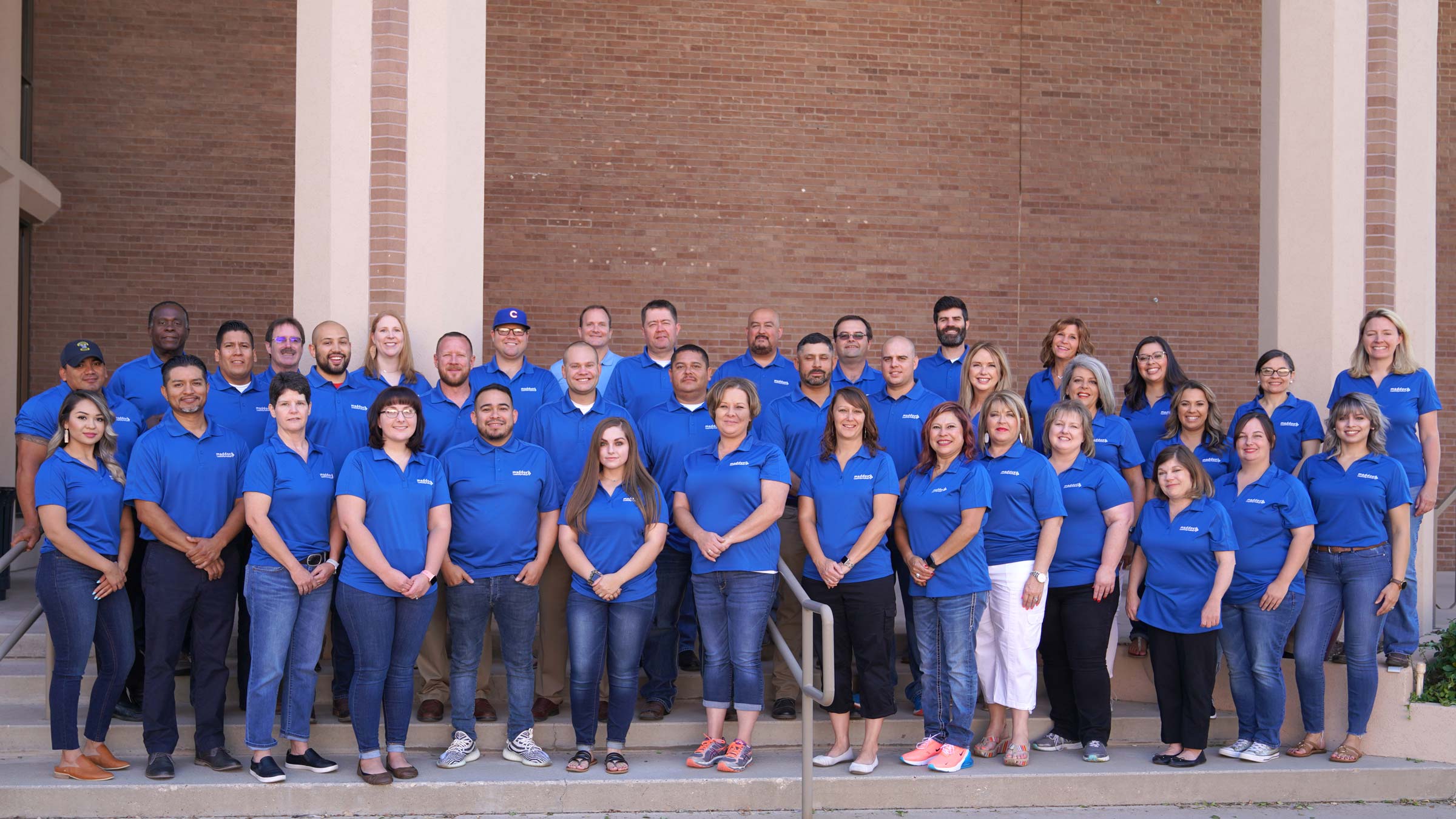
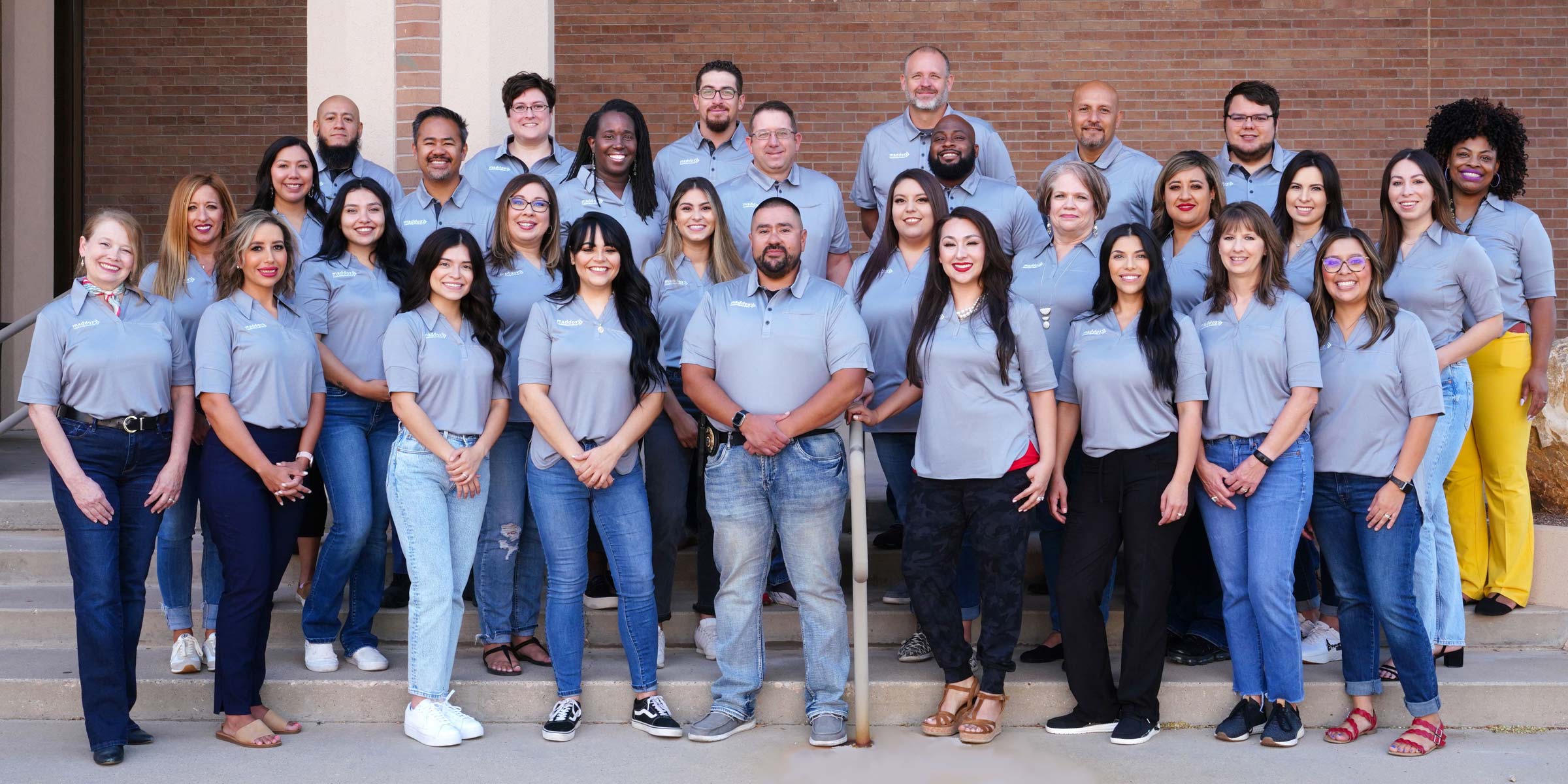
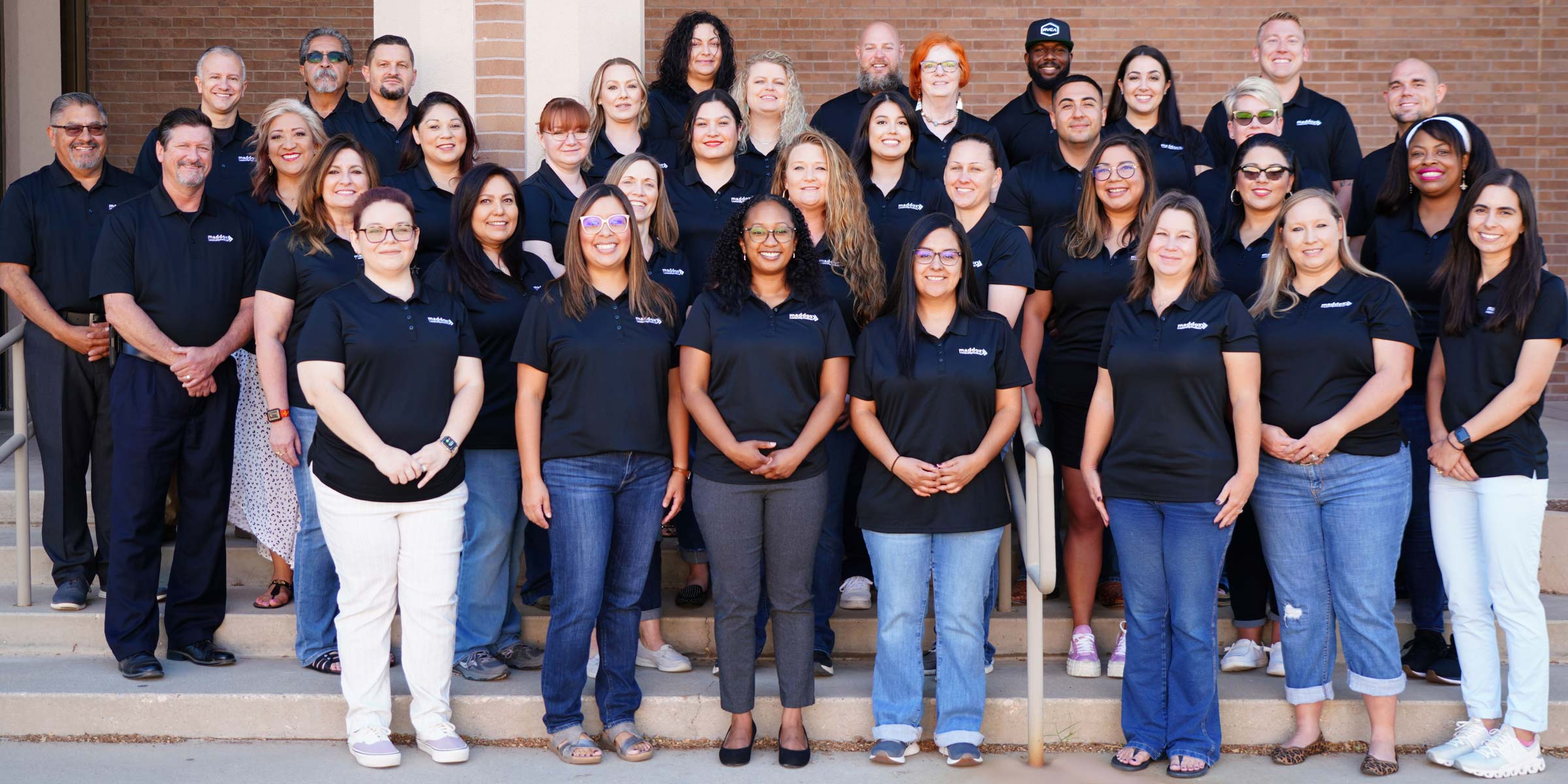

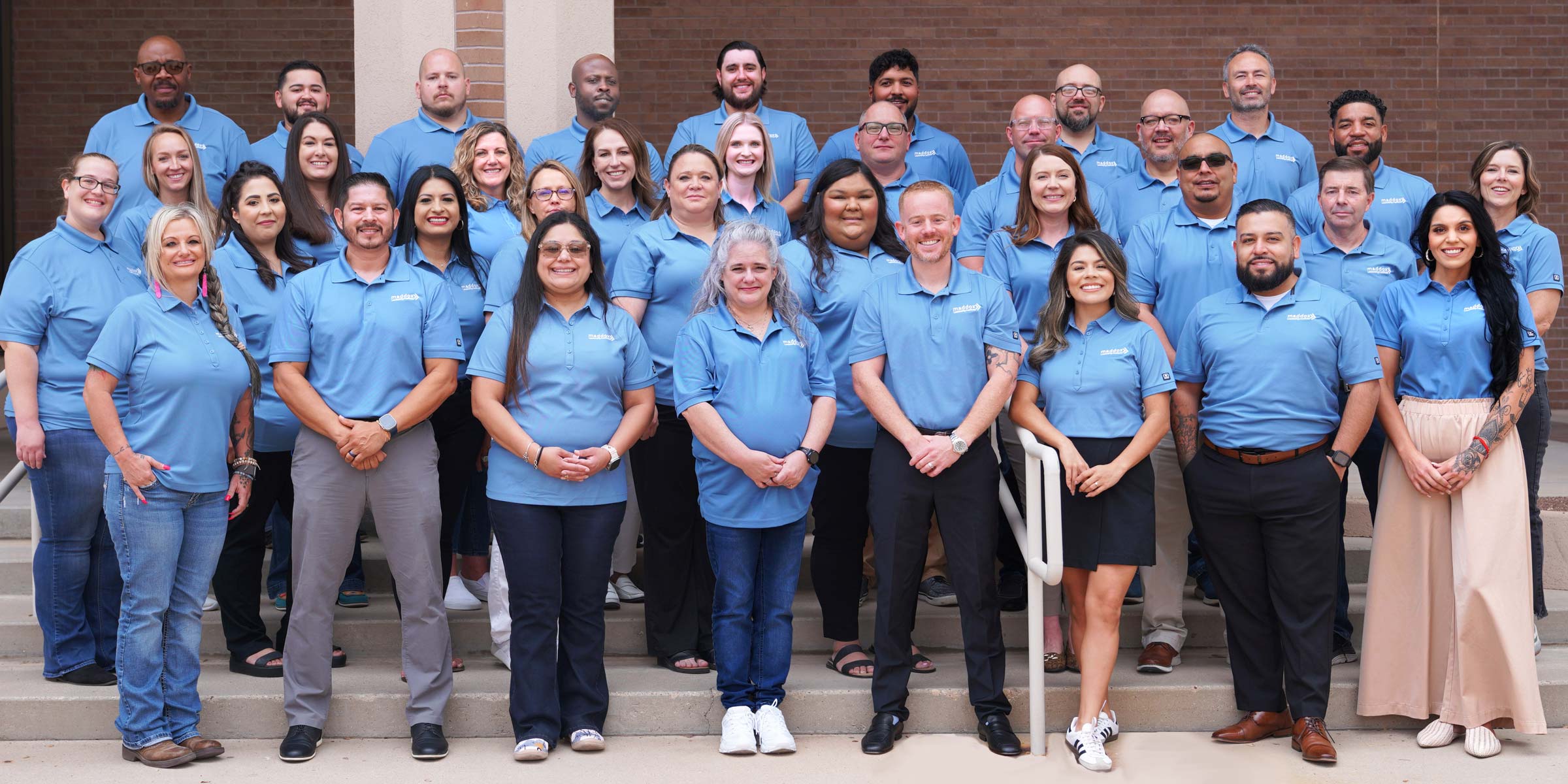
Keep In Touch